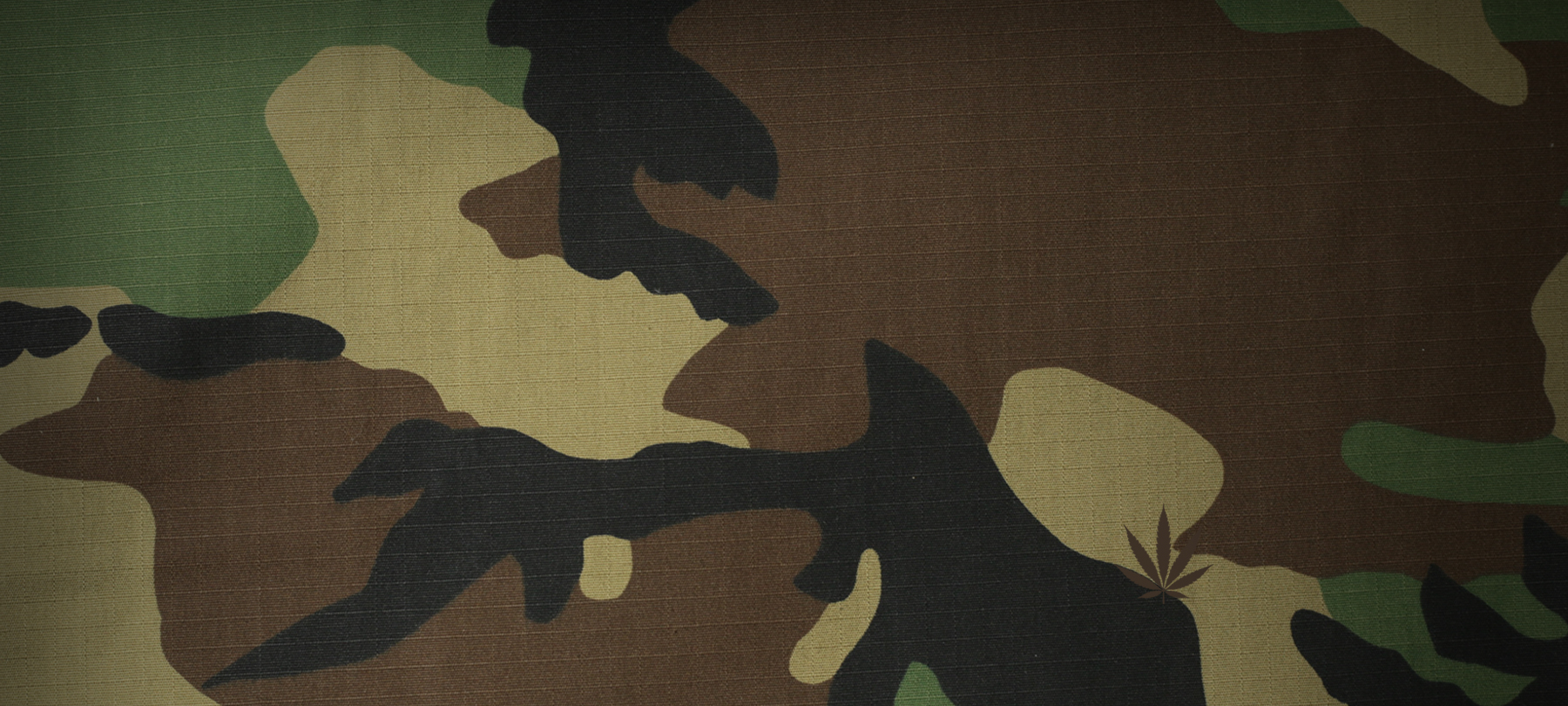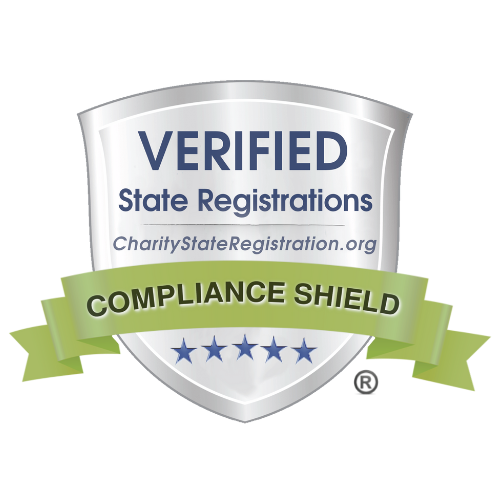IAVA | March 24, 2020
Read: Blog on Veteran Addiction

I had just finished an inspiring workshop with New York City’s Department of Veterans Services where we discussed a full spectrum of services available to the city’s veterans — from employment to mental health to suicide prevention. I was walking out of the elevator when I received a text that brought me crashing back down to reality: One of my buddies from my time serving in the 82nd Airborne Division had passed away. An overdose.
I had known he was struggling and, the last I had heard, my former roommate had been trying to get him to Alaska so he could get the help he needed. But getting him on the plane was just a bridge too far.
The number of veterans dying from opioid overdose has been steadily rising. A recent study conducted by the Veterans Health Administration showed the rate of opioid overdoses among veterans receiving VHA care increased by 165% from 2010 to 2016.
This problem is not being driven by opioid prescriptions, but by opioids from illicit sources. In fact, the rates caused by heroin and other synthetic opioids increased a staggering 491% and 546%, respectively, demonstrating that any effective solution to this epidemic will require much more than adjusting prescribing habits and pain management.
I had lost direct contact with my buddy since I left Fort Bragg in 2004, so I can’t say for sure if he was addicted to prescription opioids and was forced to hunt down illicit ones as a result, or if he just turned to them due to his own struggles. What I can say with confidence is that we are not taking care of our nation’s veterans, and they are dying as a result.
One of the widest pathways to addiction is trauma. In a culture that is resistant to seeking therapy, self-medication can escalate into a fully developed addiction. That the VHA published the previously mentioned study demonstrates that they are aware of the problem. We need to do more, and the U.S. Department of Veterans Affairs should be leading the way.
The United States has asked so much of its service members since 2001, and the lack of attention to the root cause of this epidemic is creating a public health crisis as our nation’s veterans separate from the military.
The nearly two decades of war that has led to these alarming rates of addiction among our veterans is fueling this mental health crisis. The signature injury of these wars — traumatic brain injury — has been shown in multiple studies to increase the likelihood of opioid addiction. Additionally, two-thirds of our veterans experience chronic pain symptoms, which is also often a gateway to opioid addiction.
A 2019 Member Survey conducted by Iraq and Afghanistan Veterans of America found that more than half of our members reported a service-connected mental health injury. Post-traumatic stress disorder, depression and anxiety are all risk factors in addiction, so when only about half of the veterans suffering from these conditions receive treatment for their mental health, addiction becomes more likely.
The social crisis borne out of nearly two decades of war is also fueling addiction. Veterans of these wars report significantly less regular in-person contact with family and friends. Without the same connections they felt in the military and with reduced contact with non-veterans, depression, anxiety and PTSD symptoms increase, driving our veterans further into addiction.
We need to be researching and implementing better treatments for our veterans. For example, medical cannabis has shown promise in both pain management and recovery from trauma. We need more research to know how to turn this promise into treatment. The increase in veteran opioid overdose under its care means the VA should be conducting this research.
Increased access to mental health treatment will help alleviate the psychological pathways to addiction. We also need more partners in the community that can provide culturally competent mental health care for our nation’s veterans. As the subject matter experts in treating veterans, the VA should be taking the lead in the training and funding of these initiatives. And we, as Americans, should be holding our elected officials responsible for ensuring that the VA has both clear direction toward ending the scourge of addiction and proper funding to implement these directives.
For those of us left behind, we are going through the pattern of anger and wondering what else we could have done. On an individual level, there may not have been anything any one of us could have done to save one particular veteran. On a national level, however, there is much we can and need to be doing.
A good start would be passing the Commander John Scott Hannon Veterans Mental Health Care Improvement Act. This legislation will bolster the VA’s mental health workforce, offer grants to community organizations providing mental health care to veterans, and increase veterans’ access to telehealth, alternative and local treatment options.
Another would be passing the VA Medicinal Cannabis Research Act. Our existing treatment methods are not enough. The initial research into cannabis for PTSD and chronic pain are promising, but we need to know for sure. We cannot leave options on the table when the stakes are so high. These acts will tighten up the safety net the VA is charged to provide for our nation’s veterans, and fewer of them will fall through.
My buddy was buried the Thursday before Veterans Day, at the age of 37. We should not be burying this generation of soldiers yet. I should not be saying farewell to a friend who thrived in his tours to Iraq and Afghanistan, laid low by a public health issue we could be doing more about.
This piece first ran in the Pittsburgh Post-Gazette publication as an op-ed on November 25, 2019





